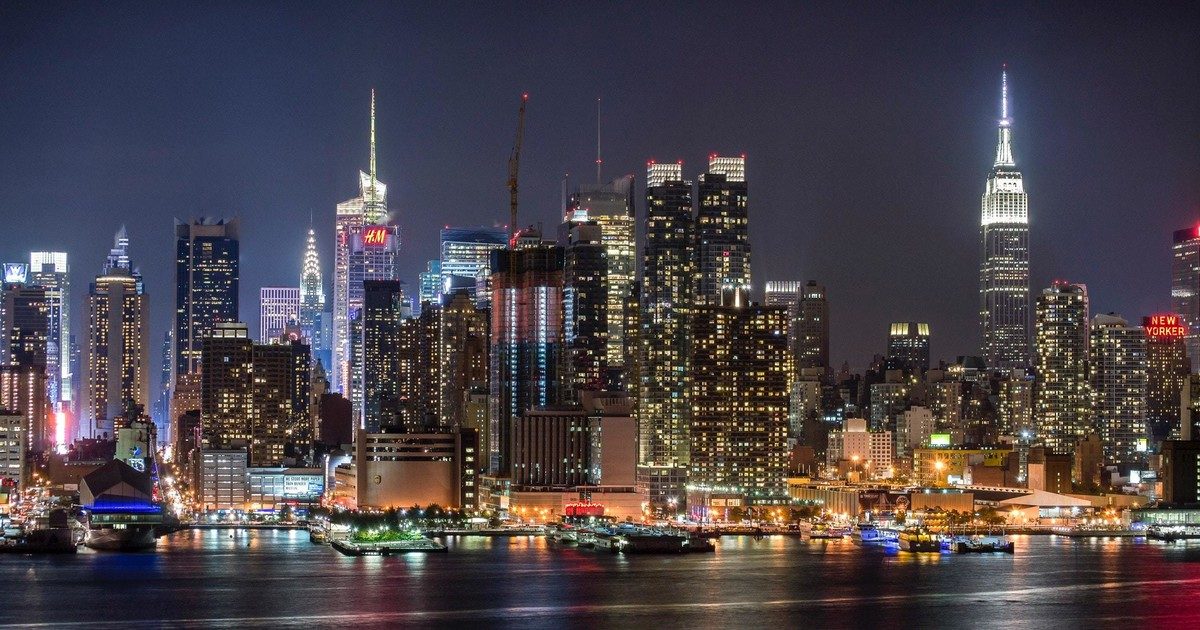In his essay “Places of Privileged Consumption Practices”, Centner observes the impact dot-comers can have on an area with their privileged consumption. Dot-comers are able to exercise spatial capital over the local residents and drive gentrification in San Francisco. The class before this discussion we read “The City as a Growth Machine” in John R. Logan’s book Urban Fortunes. Reading about privileged consumption and the growth machine made it seem like the people driving gentrification were completely in control, and hold a lot more power than local residents. This prompted me to ask if local residents had any power over these groups and how they could reclaim some power from these groups.
My classmates were able to bring up great examples of the community coming together to keep their neighborhoods from being gentrified. The examples of the street art in San Francisco and fighting back against noise complaints in DC stood out to me, but still left some questions. If there is good economic incentive in gentrifying a neighborhood for stake holders, will these efforts be enough to keep the neighborhood from changing? People driving gentrification in these neighborhoods have overwhelmingly more resources to get what they want. How do people in these neighborhoods access a level of resources that could put up a fight against the growth machine or privileged consumers?
I understand that people can have spatial capital through means other than economics, but I wonder when there is a clash to stake a claim on a space, could someone win without the economic advantage? In Kidder’s work on parkour we see that people can exercise spatial capital by being in a place with a group, practicing their sport. If someone with political or economic power wanted to forbid parkour in this area they could use their resources to implement rules forbidding the sport or change the place to make it less desirable to do parkour. I see this hypothetical being a similar case to a neighborhood, in which privileged consumers and the growth machine find desirable. People invested in changing these communities have the power to buy properties in the neighborhood. With their economic power, gentrifiers can make their presence felt in a community and start the process of driving out local residents.
We see the process of money driving gentrification in a neighborhood repeat itself with super-gentrification. Middle-class people that came in to the neighborhood and forced people out with their resources, are being kicked out by people with even more resources than the first wave of gentrifiers. This progression of neighborhood gentrification makes it seem like economic capital is the decision-making factor in a community becoming gentrified or not. Is my analysis of the issue too pessimistic? Is there some aspect of this clash for claim over space that I am overlooking? Can people make a claim on a neighborhood through non-economic means that will not be taken over by people who have spatial capital through economic means?
